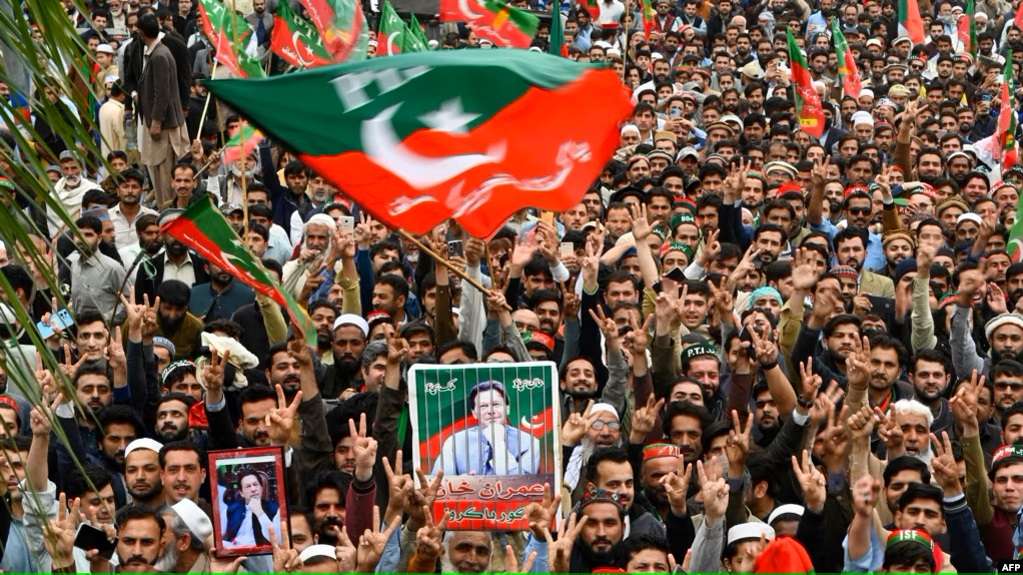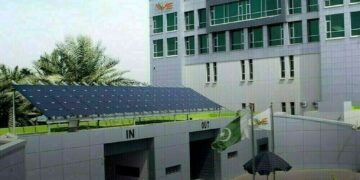Punjab: Lately, the Punjab government has added Section 144 across the province, and this move has led to discourses and important legal and civil rights issues. This measure, which has been adopted following threats of insecurity and the desire to uphold law and order, has profound repercussions on civil and political rights.
Summary of Section 144 Imposition
The group’s first suggestion is to place an immediate ban on public gatherings.
On Friday, the Punjab government through Home Department imposed Section 144, which banned all types of gatherings, protests and assembly for one week. This decision was made based on the current security situation and threats that can happen to the public events that are planned to happen.
Legal Basis and Authority
Section 144 allows authorities to pass orders that restrain certain activities considered to be disturbing the public peace and order. In this case, the imposition is intended to prevent any disruption that may occur due to the planned nationwide protests by the Pakistan Tehreek-e-Insaf (PTI) calling for Imran Khan’s release who is under detention.
Potential Consequences and Stakeholder Responses
Legal and Constitutional Concerns
Section 144, says critics, is a direct infringement of the constitutional right to assembly and freedom of expression in as much as it prohibits assemblies and protests. Opposition parties such as PTI have criticized the government for this action branding it as a violation of democratic principles and freedom of assembly.
Public Perception and Social Media Analysis
People have turned to social media to express their displeasure and opposition to the government’s decision. Posts and comments show communities’ anger over what they deem as governmental intrusions and rights restrictions. The account on the social media platform including X raises alarm on perceived police conduct and operations against perceived supporters of PTI.
Controlling Section 144 has provoked controversies among politicians in the National Assembly.



















